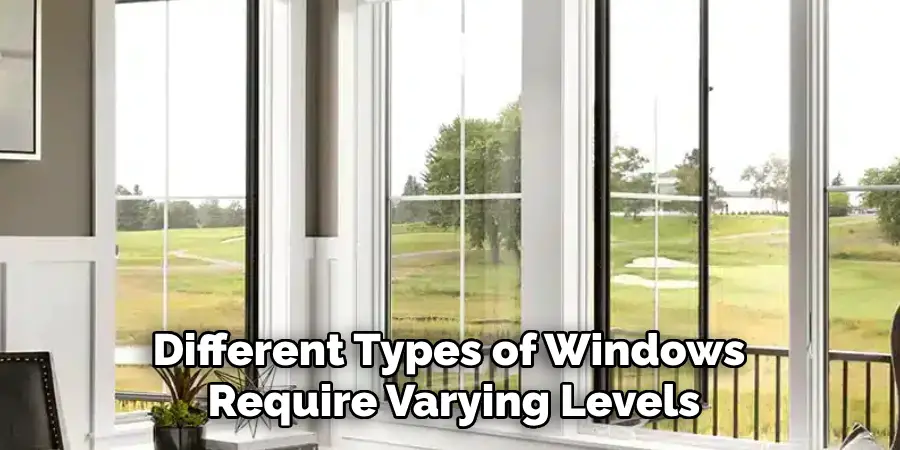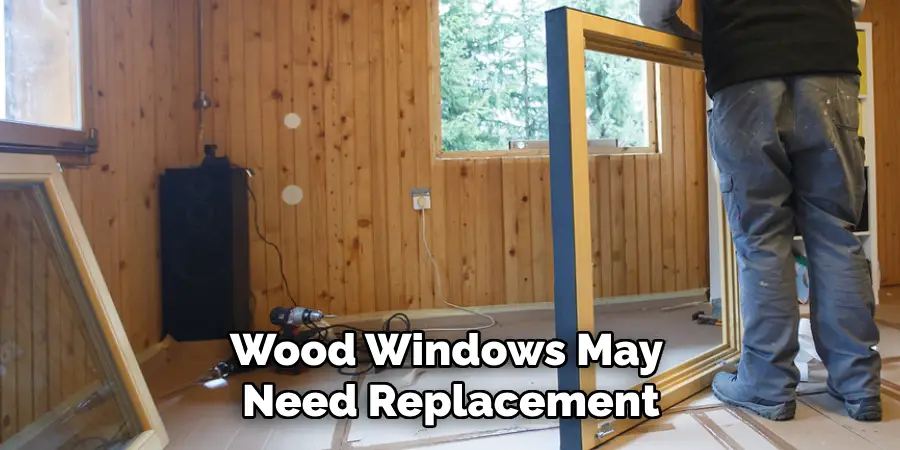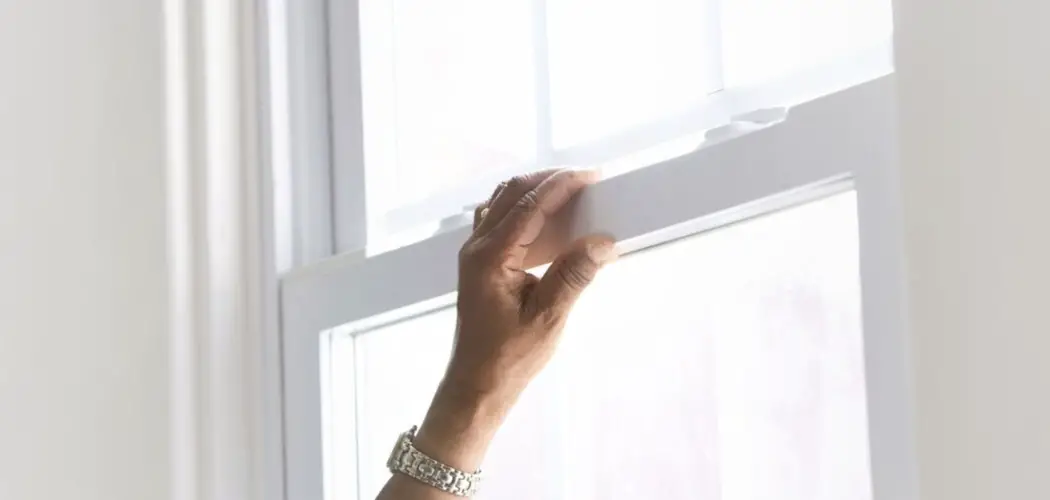Choosing the right windows for your home is an essential decision that can impact everything from energy efficiency to aesthetic appeal. With numerous styles, materials, and technologies available, understanding your options can be overwhelming. Whether you are building a new home or renovating an existing one, the windows you select play a crucial role in enhancing your home’s environment.

This guide on how to choose windows for your home will walk you through the key considerations when selecting windows, ensuring you make informed choices that align with your needs and preferences.
Things to Consider Before Choosing Windows for Your Home
The Style of Your Home:
The style of your home is a crucial factor to keep in mind when choosing windows. Different window styles can complement or clash with the overall aesthetic of your home. For example, traditional styles such as double-hung or casement windows are often a good match for older homes, while modern and contemporary homes may benefit from sleeker window designs like picture or sliding windows.
Energy Efficiency:
Windows can significantly impact your home’s energy efficiency. A well-insulated window with the right features can help keep your home cool in the summer and warm in the winter, reducing your energy bills. Look for windows with an ENERGY STAR® certification and features like multiple panes, low-emissivity coatings, and gas fills to maximize energy efficiency.
Material Options:
Windows come in various materials, each with its own pros and cons. Vinyl windows are low maintenance and affordable, while wood windows offer a classic look but require more upkeep. Aluminum windows are durable but less energy-efficient, and composite windows offer the best of both worlds with their strength and energy efficiency. Consider your budget, maintenance preferences, and desired aesthetic when choosing the material for your windows.
Durability:
Windows are a long-term investment, so you want to choose ones that will stand the test of time. Look for high-quality materials and construction, as well as manufacturer warranties for added protection. It is also essential to consider the weather conditions in your area – if you live in an area prone to extreme weather, such as hurricanes or heavy snowfall, you may need to consider impact-resistant or storm windows.
Functionality:
Consider how you want your windows to function. Do you want them to open and close easily for ventilation, or do you prefer a fixed window for an unobstructed view? Are you looking for added security features, such as reinforced locks or laminated glass? Think about your lifestyle and priorities when selecting the functionality of your windows.
Maintenance Requirements:
Different types of windows require varying levels of maintenance. For example, wood windows need regular painting and sealing, while vinyl windows are virtually maintenance-free. Consider the time and effort you are willing to put into upkeep when choosing the type of window for your home.

8 Simple Step-by-step Guides on How to Choose Windows for Your Home
Step 1: Assess the Style of Your Home
Before diving into window options, take a moment to assess the architectural style of your home. Understanding the design elements that define your home will guide you in selecting windows that harmonize with its overall aesthetic. Examine existing features such as the roofline, facade, and existing window shapes or patterns. Whether your home exudes a Victorian charm, a modern minimalist vibe, or a rustic farmhouse feel, choosing windows that complement these characteristics is essential.
Matching the window style to your home’s architecture will enhance its curb appeal and ensure a cohesive look, making your home not only more beautiful but also potentially increasing its market value. Consider consulting with an architect or designer if you’re unsure about the most compatible styles for your home.
Step 2: Determine Your Energy Efficiency Needs
Energy efficiency is an essential consideration when choosing windows. Windows with the ENERGY STAR® certification meet specific energy performance criteria set by the U.S. Environmental Protection Agency, reducing your home’s heating and cooling costs while improving comfort. The certification ensures that windows are manufactured to minimize heat transfer, have superior air infiltration ratings, and offer exceptional insulating properties.
If you live in a colder climate, look for windows with low U-factor ratings (indicating better insulation) and higher solar heat gain coefficients (allowing more sunlight to enter). For warmer climates, select windows with higher SHGC ratings and lower U-factors. You can also opt for additional features like argon gas fills, multiple panes, or low-emissivity coatings to improve energy efficiency.

Step 3: Consider Material Options
The most popular material options for windows are vinyl, wood, aluminum, and composite. Each has its own advantages and drawbacks:
- Vinyl is affordable, requires little maintenance, and offers decent energy efficiency.
- Wood provides a classic look that can be painted or stained, but it requires more upkeep and is prone to rotting or warping.
- Aluminum is strong, durable, and low maintenance but has poor energy efficiency.
- Composite combines the strength of wood with the low maintenance of vinyl, making it a popular choice for homeowners.
Consider your budget, desired look, and maintenance preferences when selecting the material for your windows. Research different brands and compare their features to choose the best option for your needs.
Step 4: Ensure Durability
Windows are exposed to various weather conditions and must withstand everyday wear and tear. Choosing high-quality materials and construction can ensure long-lasting durability. Look for manufacturer warranties that cover defects or damages to provide added protection for your investment. You may also need to consider extra features like impact resistance or storm protection if you live in an area prone to severe weather.
It is also essential to maintain your windows properly to prolong their lifespan. Regular cleaning and upkeep can help prevent damage and extend the durability of your windows.
Step 5: Determine Functionality
Think about how you want your windows to function. Do you prefer easy-to-open casement or double-hung windows for ventilation, or do you want a fixed window for unobstructed views? Are security features like reinforced locks or laminated glass important to you? Consider your lifestyle, priorities, and needs when choosing the functionality of your windows.

Some homeowners may also consider additional features like built-in blinds or between-the-glass grilles for added convenience and style.
Step 6: Evaluate Maintenance Requirements
Different types of windows have varying levels of maintenance requirements. Wood windows need regular painting and sealing, while vinyl windows are low-maintenance and only require occasional cleaning. Consider the time and effort you are willing to put into upkeep when choosing the type of window for your home.
The location of your windows may also impact their maintenance needs. Windows exposed to harsh weather conditions or direct sunlight may require more frequent cleaning and upkeep.
Step 7: Set Your Budget
As with any major home improvement project, it is essential to set a budget for your new windows. The cost of windows can vary significantly depending on material, size, and additional features. It is crucial to research different options and compare prices from different brands to find windows that fit within your budget without compromising on quality or durability.
You may also want to consider energy savings over time when evaluating the cost of windows. While energy-efficient windows may have a higher upfront cost, they can save you money in the long run through reduced heating and cooling costs.
Step 8: Consult with Professionals
When in doubt, consult with professionals for expert advice on choosing windows for your home. Window manufacturers, contractors, or designers can provide valuable insights and help you make informed decisions based on your specific needs and budget. They can also assist with proper installation to ensure optimal performance and longevity of your new windows.
By following these steps on how to choose windows for your home and considering all aspects before making a decision, you can choose the best windows for your home that not only enhance its appearance but also provide energy efficiency, durability, and functionality. Remember to research and compare different options, consult with professionals, and set a budget to make the most informed decision for your home. With the right windows, you can transform your living space into a beautiful, comfortable, and energy-efficient environment.

Frequently Asked Questions
Q: How Do I Know if a Window is Energy-efficient?
A: Look for the ENERGY STAR® certification, which ensures that windows meet specific energy performance criteria. You can also consider features like low U-factor ratings, higher solar heat gain coefficients, and additional options like argon gas fills or low-emissivity coatings to improve energy efficiency.
Q: Can I Install Windows Myself?
A: Installing windows can be a complicated process and is best left to professionals with experience and knowledge in proper installation techniques. Improper installation can lead to air leaks, water damage, and reduce the effectiveness of your windows.
Q: How Often Should I Replace My Windows?
A: The lifespan of windows varies depending on material, maintenance, and exposure to elements. Wood windows may need replacement every 10-20 years, while vinyl or composite windows can last up to 30 years or more. Regular maintenance and inspections can help determine when it’s time for replacement. However, if you notice significant damage or decline in performance, it may be time to consider replacing your windows.

Conclusion
Choosing the right windows for your home is a significant decision that can impact both the aesthetics and functionality of your living space. By considering factors such as material, durability, functionality, maintenance needs, and budget, you can make an informed choice that meets your unique requirements.
Energy efficiency and professional installation are also key elements to ensure your windows provide comfort and savings over the coming years. Ultimately, investing time and effort into selecting the right windows can transform your home into a more beautiful, efficient, and enjoyable environment, adding long-term value and satisfaction. Thanks for reading this article on how to choose windows for your home.
About
Angela is the chief editor of Indoorense. She began her career as an interior designer before applying her strategic and creative passion to lifestyle and home.
She has close to 15 years of experience in creative writing and online content strategy for housekeeping and cleaning,home decorations as well as other efforts.
She loves her job and has the privilege of working with an extraordinary team. She lives with her husband, two sons, and daughter in Petersburg. When she’s not busy working she spent time with her family.

